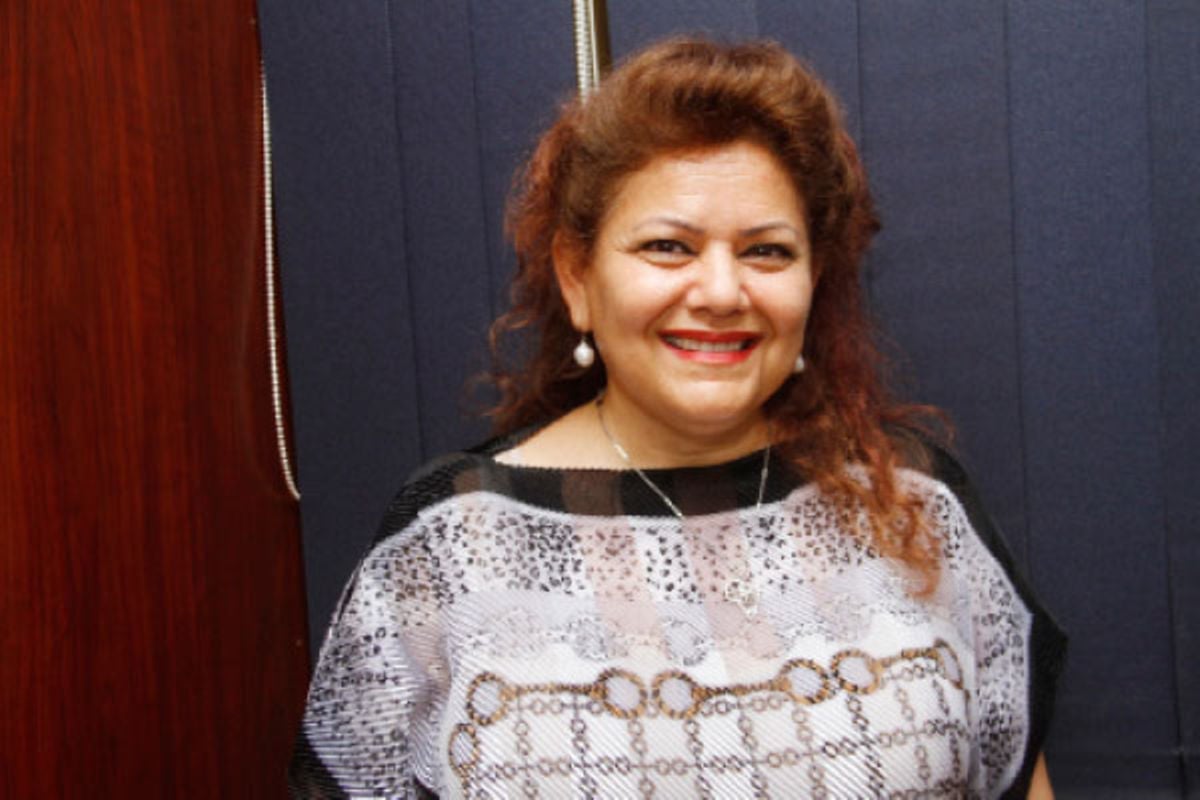
A serious case of embezzlement of funds in a very famous charity organisation called Caritas, has hit the Luxembourgish scene. More than 60 million Euros has been taken from its coffers through bank loans, diverted to the accounts of the embezzler.
According to the director of Caritas, the actual amount in the organisation’s bank account was not even half of the loans taken. This means once the real story comes to light, the case may turn out to be a very interesting one.
I have always seen Caritas in many forums where charity was organised and I can say it seemed that people went there with much confidence. Up to the time we heard about the embezzlement news, it remained one of the most trusted NGOs here.
The good part of the history of this organisation and many others like it, will not be exactly wiped away because of such incidents. However, it is a big eye-opener for all those who have for many years been donating to charity without thinking twice about where the money went and how it was spent.
The bigger responsibility lies on the shoulders of those who with their actions can cause a pause or sometimes even a stop to such projects, a case I witnessed myself when donors stopped a very useful literacy programme when embezzlement happened, and I still wonder how someone’s conscience allows them to survive knowing how many were deprived from attaining a better station in life
Honestly, I have never been a supporter of such NGOs, not even the ones under the banner of the United Nations. I have always stated that when a charitable organisation sets camp in countries that need help, and then drive in the most luxurious cars and live in expensive houses in the cities where they work, if anything, it is an indication about how a big chunk of the donations are being spent.
It is very hard to determine how to help the needy, we are like a drowning person who wants to hang by a floating straw, we want to help but we do not know how.
I will always remember our first visit to an orphanage in Kampala where we donated funds for the purchase of mosquito nets, and a few weeks later, we found out that there was no purchase done. No one told us where the funds went. We did not give up, this time we went back with the nets that we purchased.
Of course not everyone has the capacity to access such facilities, its also difficult to help charities when you have not even been to the countries where they claim to help. I have no solution, but I know that the issue of trust must be built through another level of standards, a level that our world today seems to be far from. According to the director of Caritas, the main challenge remains on how to regain the trust of donors.



